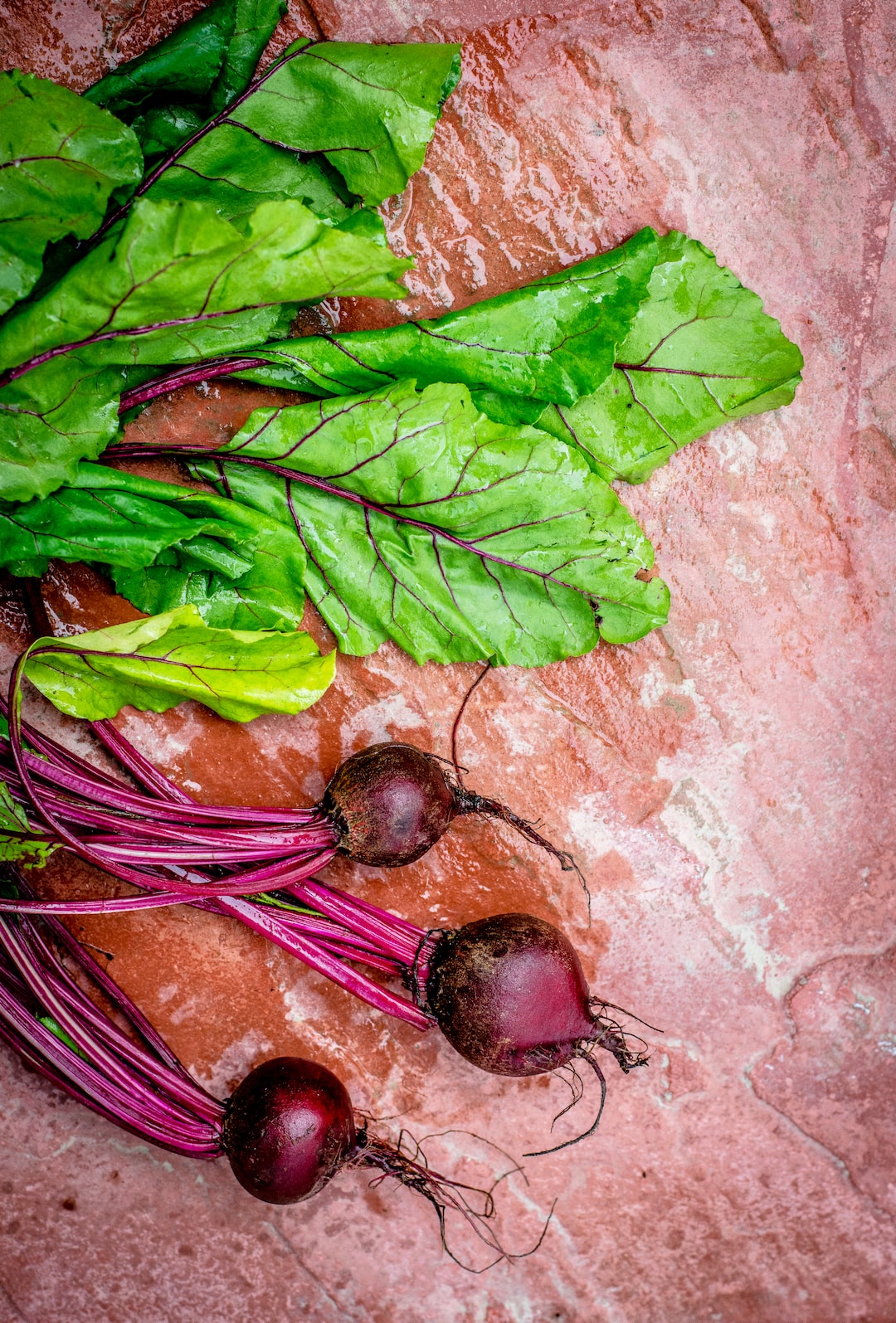Spicing Up Your Cooking: A Beginner’s Guide to Using Herbs and Spices
Are you tired of cooking the same old dishes that lack flavor and excitement? Look no further! In this beginner’s guide, we will teach you how to use herbs and spices to elevate your cooking and create mouthwatering dishes every time.
Herbs and spices have been used for centuries to enhance the flavor of food. Not only do they add depth and complexity to dishes, but they also offer a range of health benefits. By infusing your cooking with herbs and spices, you can transform even the simplest of recipes into something truly extraordinary.
First things first, let’s differentiate between herbs and spices. Herbs are derived from the leaves of plants and are usually used fresh or dried. They bring a subtle flavor to dishes and are best added towards the end of cooking. Some common herbs include basil, rosemary, thyme, and cilantro.
On the other hand, spices are derived from the seeds, bark, or roots of plants and are known for their robust and intense flavors. They are often used in powder or ground form and can be added at the beginning of cooking to allow the flavors to develop. Some popular spices include cinnamon, cumin, paprika, and turmeric.
Now that we have a basic understanding, let’s dive into some tips and techniques for using herbs and spices effectively:
1. Start with what you have: Take a peek into your spice cabinet or herb garden and see what ingredients you already have. Experiment with combining different flavors to create your unique spice blends. Don’t be afraid to get creative and trust your taste buds!
2. Understand flavor profiles: Each herb and spice has its own distinct flavor profile. For example, mint is refreshing, while cayenne pepper is spicy. Familiarize yourself with these profiles to know which herbs and spices pair well together. Combining complementary flavors will bring harmony to your dishes.
3. Experiment with different cuisines: Different cultures have their own unique blends of herbs and spices. Explore various cuisines to expand your culinary knowledge. Add garam masala to Indian curries, oregano to Italian pasta sauces, or Chinese five-spice powder to stir-fries for an exciting flavor twist.
4. Treat spices with care: Spices lose their potency over time, so it’s crucial to store them properly. Keep spices in airtight containers away from heat, light, and moisture. Be sure to check their freshness regularly. Grinding whole spices just before use will also give you the best flavor.
5. Balance is key: When using herbs and spices, it’s essential to strike a balance. Adding too much can overpower a dish, while too little can make it taste bland. Start with small quantities and gradually add more if needed. Remember, you can always add more, but you can’t take it back!
6. Embrace the power of herbs: Fresh herbs can brighten up any dish. Don’t be shy about using them liberally. Add finely chopped basil to your caprese salad, sprinkle cilantro over your tacos, or tuck a sprig of rosemary into roasted potatoes. The aroma and freshness of herbs can make a world of difference.
7. Try new recipes: Expand your horizons by trying out new recipes that incorporate herbs and spices. There are countless online resources, cookbooks, and cooking shows that offer a wealth of inspiration. The more you practice using herbs and spices, the more confident you will become in your culinary skills.
Remember, cooking with herbs and spices is all about experimenting and having fun. Don’t be afraid to make mistakes or try unusual combinations. With time and practice, you will develop your unique palate and create dishes that leave a lasting impression on your taste buds. So, spice up your cooking and make every meal an adventure!

